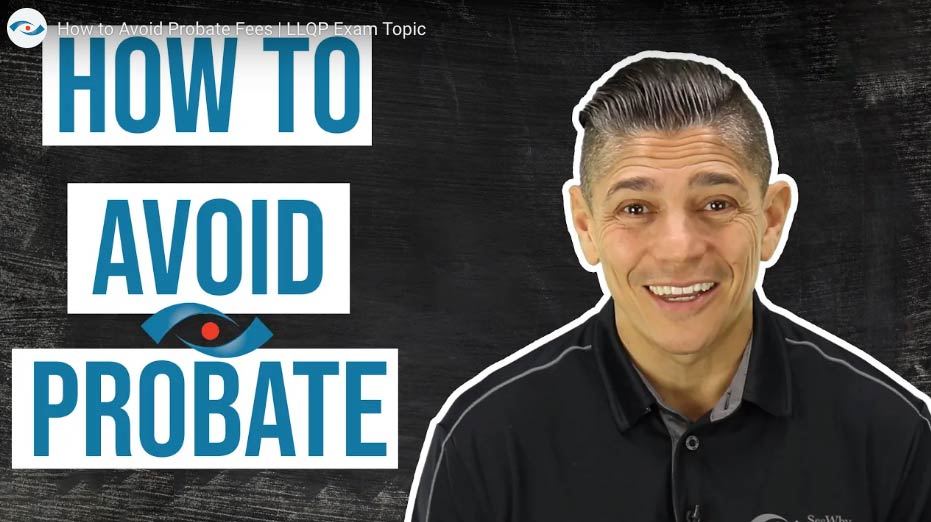I generally enjoy teaching others about life insurance products. Sometimes we talk about some pretty somber topics, so I try to liven it up a little bit, pun intended, by telling stories. Whenever I teach probate, I tell a story about my grandfather. He died many years ago and I’m sure if he could see me now, he would get a kick out of me talking about him. He would especially like the fact that I make him a millionaire in this story.
Suppose that when my grandfather died he had $1 million in the bank. What do you think would happen if I walked into the bank armed with his death certificate, his Last Will and Testament naming me as a sole beneficiary, and I wanted to clean out his bank account. What do you think would happen? Well, I’m sure the bank staff would huddle around in a circle and debate the following questions.
“How do we know this is a valid will?”
“Even if the Will was valid at one point, how do we know this is the most recent version, and what if we give him the money and this Will ends up being contested?”
Now, if there was a $100 in the account, they would probably take the chance, but we’re talking about a million dollars here! To protect itself, the bank will likely ask for “letters probate”. In basic terms, probate is a legal process where the courts review a Will and decide if it is valid and up to date. This process occurs within the deceased’s home province. When finalized, letters probate are issued, which is the court order that authorizes me to be the executor of my grandfather’s Will and withdraw that cool $1 million.
But not so fast! Assets that are transferred via a Will are generally subject to probate fees.
Now, probate fees are based upon the size of the estate and the rate applied in the province. While the actual percentage may not seem that high, keep in mind that even a 1% probate fee on a $1 million would result in $10,000 in probate fees. Recall that probate fees apply to assets transferred via the Last Will and Testament. Since insurance products allow you to name a beneficiary, provided you name one other than your estate, the funds will avoid probate fees. For example, if my grandfather held segregated funds instead of a bank account and named me as the beneficiary in the policy contract, the funds would go directly to me. The funds would never form part of his estate as they would bypass it completely and would therefore not attract probate fees.
There are other ways to avoid probate too, such as transferring assets to a trust prior to death, or when a spouse is inheriting assets. For more information on these, be sure to review your SeeWhy Learning study guide.
Recent Videos

Monetary & Fiscal Policy Part 2

Monetary & Fiscal Policy






